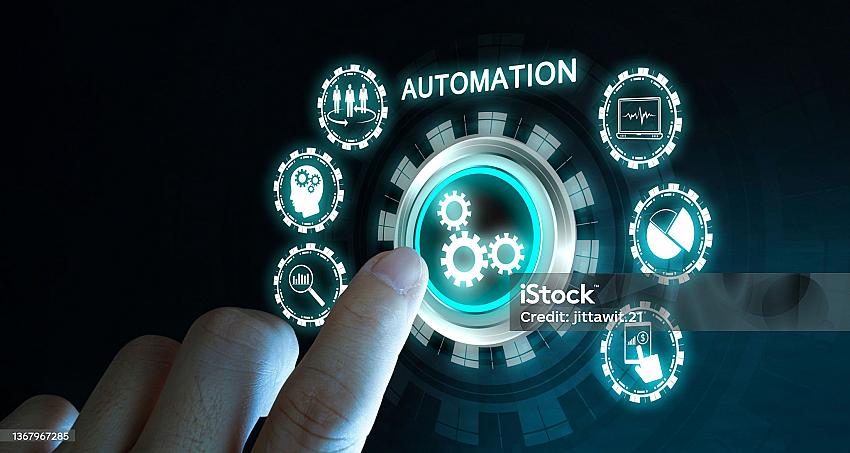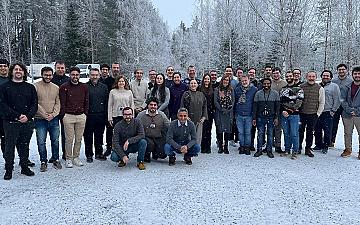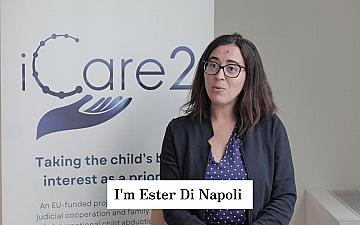Artificial intelligence (AI) is transforming the manufacturing sector by driving productivity, precision, and adaptability across every stage of production. By uncovering patterns in vast amounts of data, AI enables real-time decision-making, anticipates potential risks, suggests improvements, and can even adjust operations autonomously.
Yet with such powerful capabilities come important questions about ethics, sustainability, and the impact on the workforce. For AI to fulfill its potential without undermining public trust or employee rights, ethics must be a guiding principle. Organizations need to adopt and uphold clear ethical frameworks, ensuring AI remains a force for progress - rather than disruption or inequality.
Ethical AI Principles in Manufacturing
To ensure AI is developed and applied responsibly, manufacturers should embrace robust ethical principles. These guidelines help guarantee that AI is safe, sustainable, and human-centered.
- Enhancing, not replacing, human capabilities
The primary responsibility of ethical AI is to support people, not replace them. AI should empower workers with tools that improve safety, reduce repetitive tasks, and boost decision-making while keeping humans at the center of production. The goal is augmentation, not displacement.
- Safe and sustainable practices
AI must not only reduce risks and prevent errors but also promote sustainable manufacturing. As one of the largest contributors to pollution, the sector faces growing pressure to reduce emissions, water contamination, and hazardous waste. Ecological concerns should guide innovation, ensuring AI contributes to greener operations.
- Transparency and accountability
Although AI can deliver fast, accurate decisions, stakeholders need to fully understand its limitations and potential biases. Transparent systems allow for effective oversight, enabling employees to track how AI operates and intervene when necessary. This builds accountability and prevents unintended harm.
Ultimately, ethical AI is about more than compliance - it is about trust. It prioritizes people’s well-being, safeguards the environment, and ensures innovation benefits both companies and communities.
Ethical AI in Action
Several industry leaders are already showing how AI can be applied ethically in manufacturing.
- BMW has introduced collaborative robots designed to reduce physical strain on workers while improving accuracy and productivity. This model demonstrates how humans and machines can work side by side without displacing jobs.
- Siemens integrates industrial-grade AI into its factories to advance decarbonization while simultaneously boosting efficiency. AI also optimizes energy use and minimizes waste, further contributing to sustainable manufacturing.
Beyond these examples, innovative initiatives such as the MaaSAI project illustrate how AI can transform production networks. By enabling real-time data exchange across businesses, MaaSAI improves responsiveness, enhances transparency in supplier-consumer negotiations, and strengthens value chain integration. The project also promotes shared-economy models for resource utilization, helping manufacturers access production capacity without significant upfront investments. Crucially, MaaSAI embeds ethics at its core, prioritizing autonomy, responsibility, transparency, and environmental sustainability through circular manufacturing practices.
The Path to Factories of the Future
The future of manufacturing will be shaped not only by technological innovation but also by a commitment to ethical responsibility. AI should be seen as an enabler of resilience and long-term success, helping industries grow while protecting environmental and social values.
When guided by strong ethical principles, AI has the power to make factories more sustainable, efficient, collaborative, and human-centered than ever before. By committing to this vision, manufacturers can ensure that the factories of the future are intelligent, equitable, and environmentally conscious - a true model of ethical innovation









